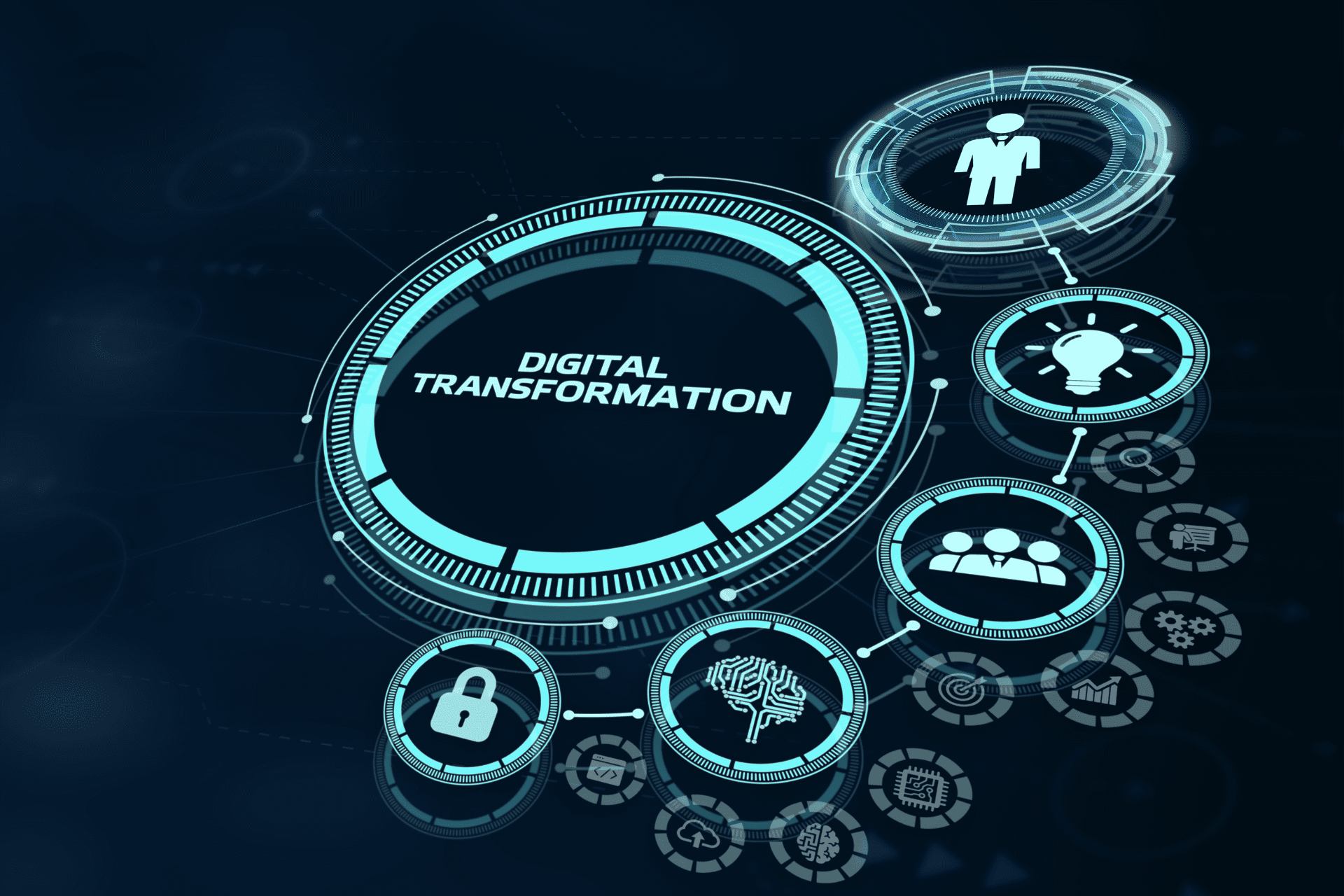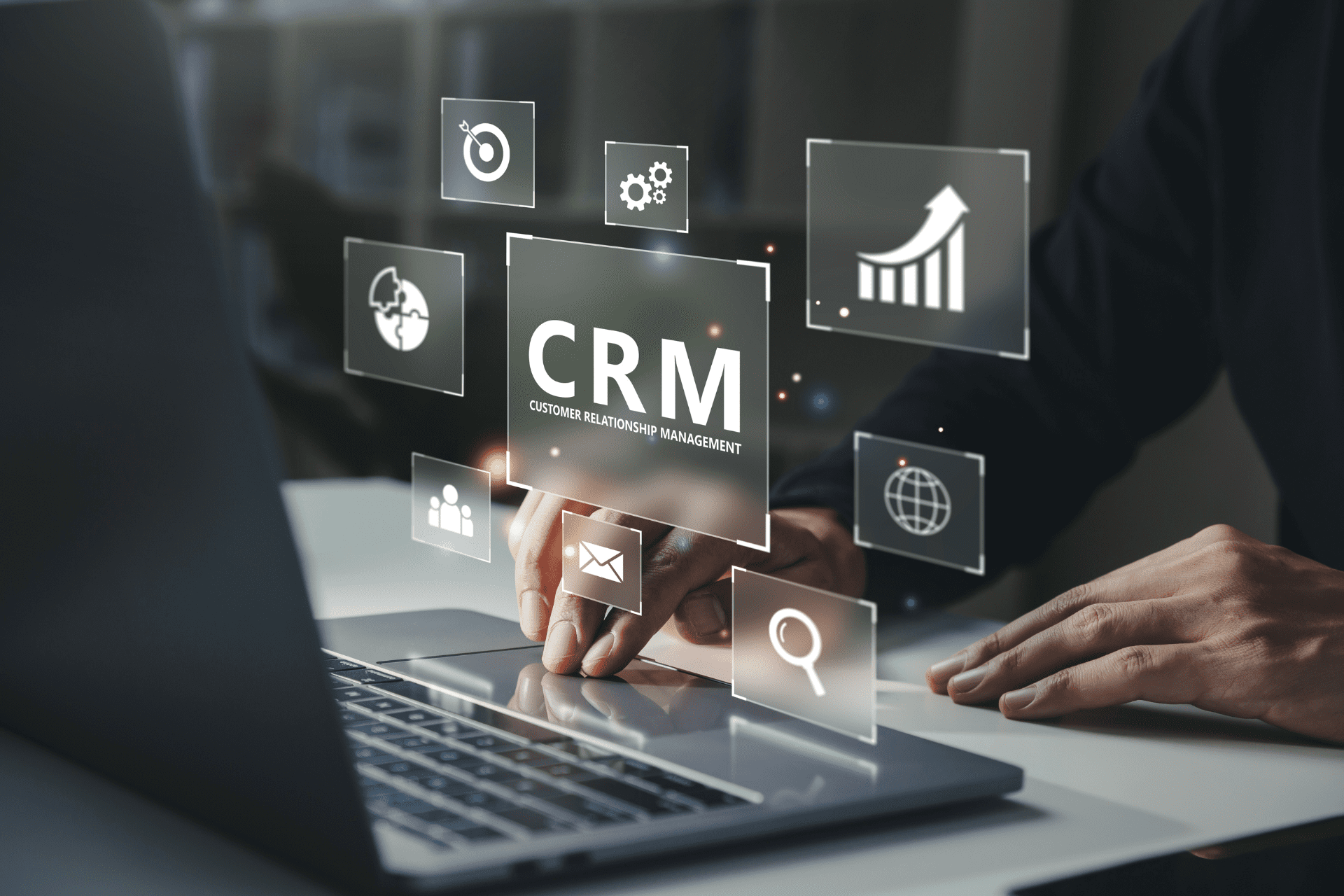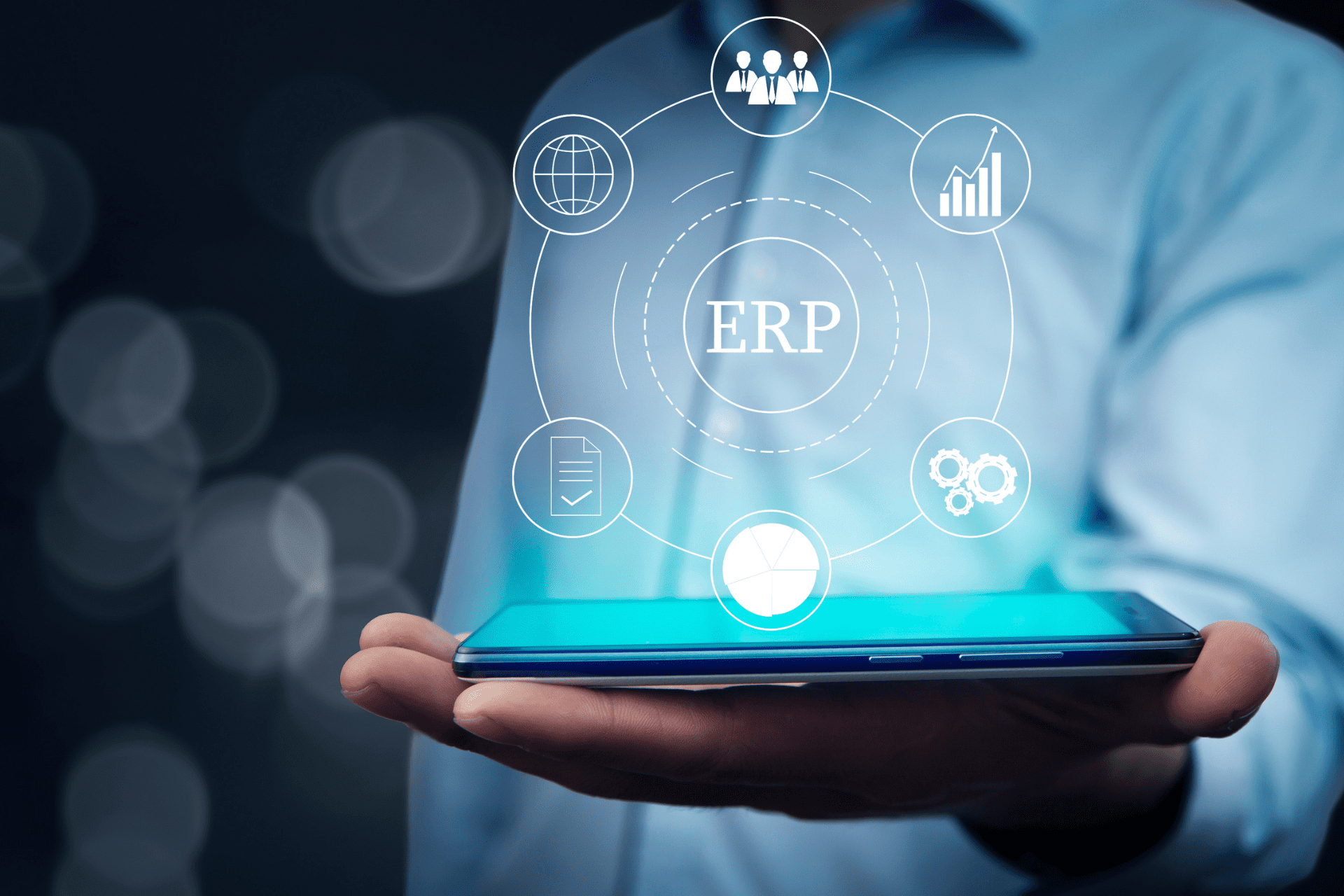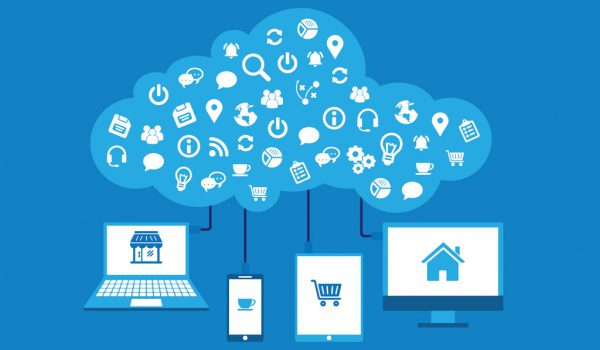Share
Read also

Trends & Views
Digital transformation strategies

Business Software
CRM 2025 market: Response to increasing customer demands

Business Software
Understanding the ERP lifecycle management

Mobility
How is EM shaping the way SMBs operate?
It is always good to have options. It is even better to know the advantages these options have to offer. This is especially true when it comes to choosing an ERP solution for your business: public or private, on-premise or cloud-based, each solution has its pros and cons. Given that the advantages of a private-owned solution have been thoroughly discussed, this time we’ll explore the benefits you can enjoy by choosing a public cloud ERP solution.
As it is obvious, the first and most important factor is always the cost. This is why many businesses go for the “one step at a time” approach, which is often the basis of public cloud ERP solutions. In this way, you can have complete control of the cost and you are not required to pay for everything in advance, but only for what you need at any given time. Usually, there is a predetermined starting price for the system’s core features and add-ons – including the extra storage space you may need – are provided at an additional cost. In any case, if you want to reduce your expenses, a public cloud-based solution will allow you to customize your system according to your needs.
Upgrading is another important parameter, since all necessary processes are automatically executed when using a public cloud ERP solution. Automation means less time spent on getting approvals from executives or others in order to implement the necessary bug fixes. If you choose a public cloud solution, all responsibilities pertaining to upgrading belong to the provider, which has the necessary know-how to complete the required processes. In that sense, the deployment of the solution does not depend on the knowledge and skills of an IT operator, but on an entire team whose members are experienced and fully familiar with the system’s requirements.
Another thing you need to remember is that public cloud systems have been developed so as to meet your goals. This can be translated into more effective scalability. For example, if you acquire and deploy an ERP solution online -which is usually done through the vendor’s website- you’ll be able to purchase extra space in case you need it. So, as your business is developing and your goals are changing, your public cloud solution will evolve accordingly in order to meet your goals and needs.
As already said many times in the past, mobility is the future of technology. So, having a cloud-based ERP solution that is not restricted by the physical limitations of your premises, makes it easier to adjust your system to the requirements of multiple devices. Thanks to the specially developed apps for smartphones and tablets that your provider will offer you, users will enjoy much simpler and more flexible access to data. Even more importantly, you can gather all information from remote locations and your company’s headquarters to one place, i.e. your public cloud ERP solution. And… forget about maintenance: the provider will handle all related tasks, including updates for mobile applications.







